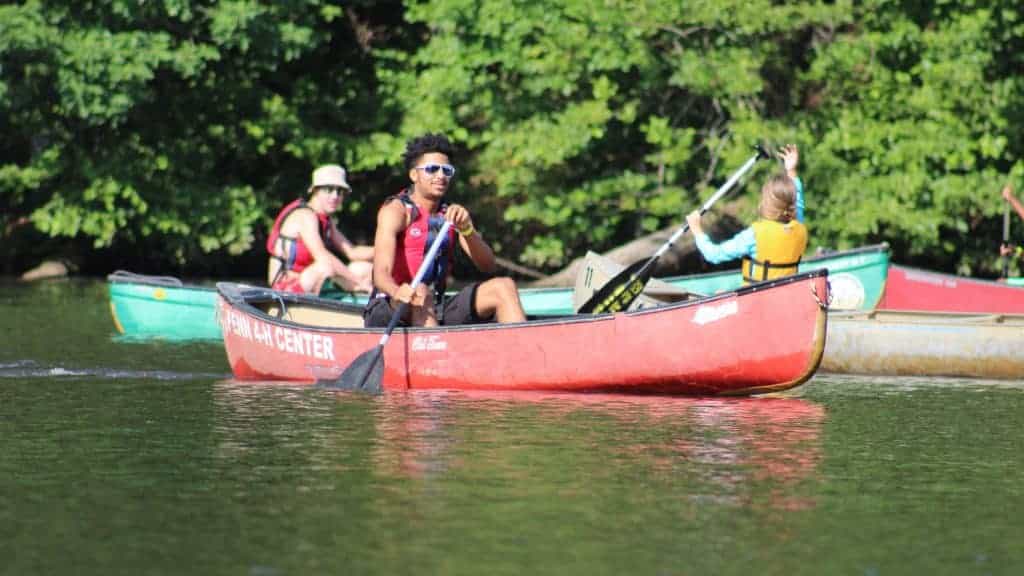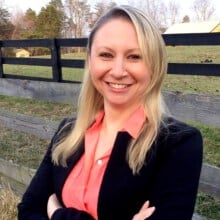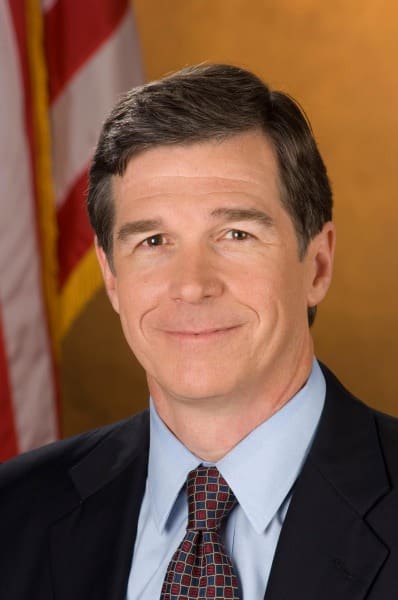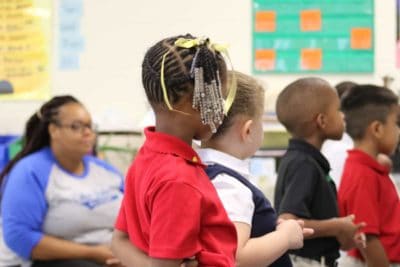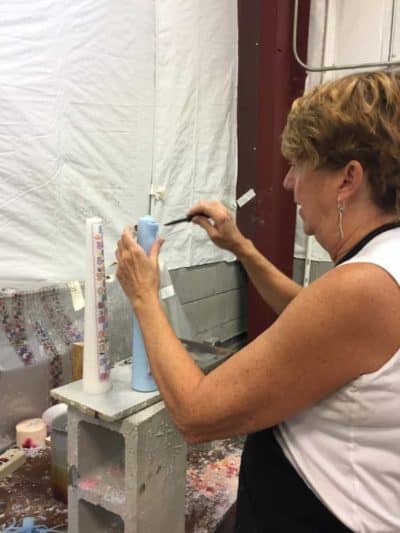Twenty-year-old Taqqee Richardson wasn’t always the best camper when he started attending Betsy-Jeff Penn 4-H Camp at 8 years old.
“I can recall some interactions where [Taqqee] was struggling with engaging with other kids or where he needed a few minutes to take a time out and re-evaluate some of his actions,” shares Stacy Burns, Betsy-Jeff Penn 4-H (BJP) Center Director.
It was no accident that Taqqee started attending BJP for summer camp as soon as he was old enough. Taqqee’s mom attended camp at BJP along with her two sisters and wanted her own children to have the same opportunity for a transformative camp experience that she had had as a child.
“When I met Taqqee in 2007 he was just a little guy at that time,” Burns said. “He would misbehave and when I had to ask him about it, he became really reserved and really genuine. So I believe for Taqqee [the camp experience] gave him an opportunity to feel a little more comfortable in his own skin, to learn his own limitations and his strengths and to come out of his shell … and learn how to engage with other children and grow quite a bit.”
To hear more of Taqqee’s story and learn about BJP, check out his video.
Taqqee’s experience, while powerful, is not unique. The camp experience has the power to transform the lives of every child that attends, whether that’s by nurturing social skills, helping build self-confidence, re-connecting kids with nature, or supporting positive peer-to-peer relationships. Research shows young people gain a great deal from attending camp, notably in the areas of social-emotional learning that transfers far beyond the singular camp experience, helping young people thrive in school and in the early years of their careers. The best part? It’s also fun!
Today, the Richardson family legacy continues; Taqqee’s two sisters joined him as campers once they were old enough and now Taqqee and his sister Marianna are paying it forward to the next generation by serving as summer camp counselors themselves. Taqqee reflects,
“Some [campers] are less fortunate than others and sometimes they tell me about their home situation which is sometimes not the best. [But] camp brings everyone together. They don’t have to worry about what’s going on at home for a week. They can come and worry about what horse they’re going to get on or what swimming technique they’re going to try out in the pool. … I try to take my past experience and put it toward the betterment of every single kid.”
Interested in sending a child to camp for the experience of a lifetime? North Carolina 4-H runs three summer camps across the state, all within a 2-3 hour drive from Raleigh. Each center offers similar activities including archery, swimming, canoeing, team challenge courses, crafts, and more. The camps host eight weeks of residential summer camp starting in June for children ages 5-7 for Cloverbuds, ages 8-14 for traditional 4-H camp, and up to age 17 for our Leaders in Training (LIT) young adult leadership program. Specialty camps such as boating camp and marine science camp are offered at some facilities. Youth do not have to be members of 4-H to attend camp. For more information and to register, visit our website at www.nc4hcamps.org Register through your county 4-H Agent to receive the 4-H rate of $420/child for a week of camp.
Editor’s note: This perspective was originally published by the NC State College of Agriculture and Life Sciences. It has been posted with the author’s permission.
